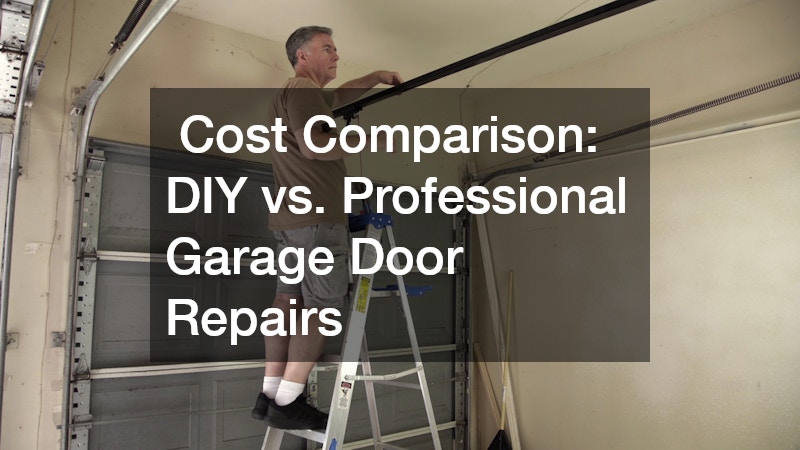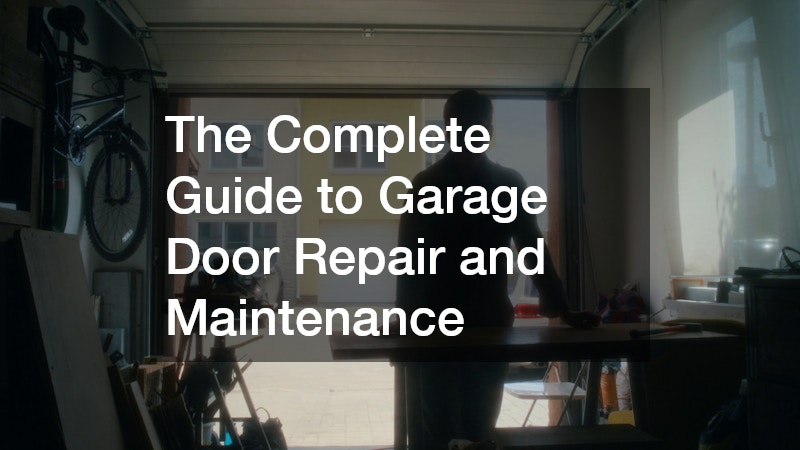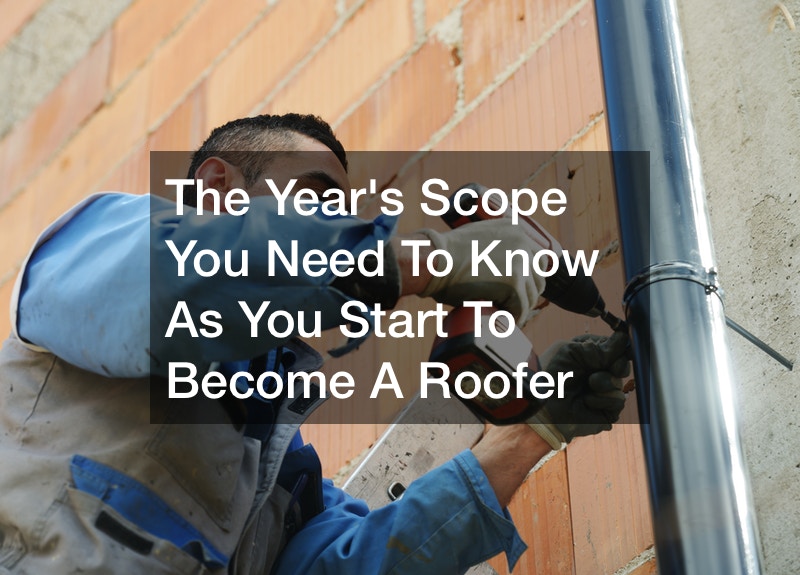
In this comprehensive guide, we will explore the essential aspects of garage door repair and maintenance. We’ll cover the most commonly asked questions, focusing on providing practical advice and solutions to keep your garage doors in excellent condition. Regular garage door maintenance is crucial to ensure safety, functionality, and longevity, making this guide an invaluable resource for homeowners.
Identifying and Fixing Noisy Garage Doors
Noise in garage doors is often caused by worn rollers, loose hardware, or lack of lubrication. One simple solution to reduce noise is to tighten all screws and bolts, ensuring everything is securely fastened. Additionally, applying a high-quality garage door lubricant to all moving parts can significantly diminish noise levels.
When a garage door becomes noisy, it is also wise to check the rollers, as damaged rollers can contribute to a loud operation. Replacing old steel rollers with nylon ones is a great way to minimize the noise while maintaining durability and effectiveness. By maintaining these components regularly, the unwanted sound can be effectively managed.
Dealing with Garage Doors That Won’t Open or Close
When your garage door refuses to open or close, the first step is to check the remote control’s batteries. If the batteries are functional, examine the manual release knob, especially if the power is out or malfunctioning. If these are not the issues, further investigation into the garage door sensors might be required.
Misaligned sensors can often prevent the garage door from operating correctly, making it crucial to ensure they are aligned and clean. Additionally, obstructions or debris on the track can impair functionality; therefore, regular cleaning is advisable. Always ensure that electrical connections in the opener are intact, as faulty wiring can also deter proper operation.
Solving Garage Door Opener Malfunctions
Garage door openers can malfunction due to worn gears, aging components, or electrical issues. If the garage door opener is unresponsive, checking the power source should be the initial step. Verifying all wiring connections within the unit is also crucial to diagnosing operational failures.
When remotes are unresponsive, it might be necessary to reprogram them according to the manufacturer’s instructions. Also, the alignment of the photo-eye sensor can cause the door opener not to function if misaligned or dirty. Cleaning the photo-eye lens and ensuring proper alignment can rectify many issues.
Routine Inspection and Lubrication
Regular inspection is the cornerstone of effective garage door maintenance. Identifying worn parts or signs of damage early can prevent costly repairs down the line. Making it a habit to visually inspect cables, springs, and rollers can extend the system’s lifespan.
Lubrication is essential for the smooth operation of garage doors. Applying a standard lubricant to all moving components, including springs, rollers, and hinges, reduces friction and prevents wear. Ensuring proper lubrication helps avoid operational strain and increases performance efficiency.
Maintaining Garage Door Balance and Tension
Maintaining balance and proper tension in a garage door is crucial for its safe and efficient operation. Unbalanced doors can cause safety hazards as they create undue stress on the opener and other components. By periodically testing the door balance, homeowners can prevent these potential risks.
An easy way to check the balance is by manually disconnecting the opener and lifting the door halfway. If it stays in place, it is balanced; if it does otherwise, adjustments may be needed. Garage door springs, being under high tension, should always be attended by professionals to adjust or replace as they pose significant safety risks.
Understanding the Risks of DIY Garage Door Repairs
DIY garage door repairs, while tempting for cost-saving reasons, come with significant risks. Improper handling of high-tension components like springs can result in serious injuries. Moreover, incorrect repairs could cause further damage, necessitating more expensive professional interventions in the long run.
A lack of specialized tools and knowledge might also compromise repair quality and effectiveness. This is especially true for intricate issues involving electrical parts or structural components, where expertise is crucial. Therefore, understanding the limitations and risks of DIY projects is essential before undertaking any garage door repairs.
Cost Comparison: DIY vs. Professional Garage Door Repairs
When considering the cost of garage door repairs, evaluating DIY efforts versus professional services is critical. While DIY solutions may appear more economical initially, they can lead to costs multiplying if errors lead to further damage. Notably, some minor DIY maintenance practices can reduce professional intervention needs, balancing costs and savings effectively.
By following the advice and tips outlined in this guide, homeowners can effectively manage their garage door repair and maintenance needs. Prioritizing regular maintenance and understanding when to seek professional help can extend the life of your garage door, ensuring it operates smoothly for years to come. Through diligent care and proactive measures, the functionality, safety, and aesthetics of garage doors can be preserved to enhance property values and user experience.



